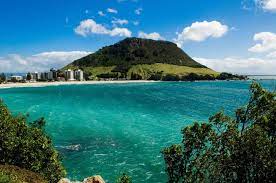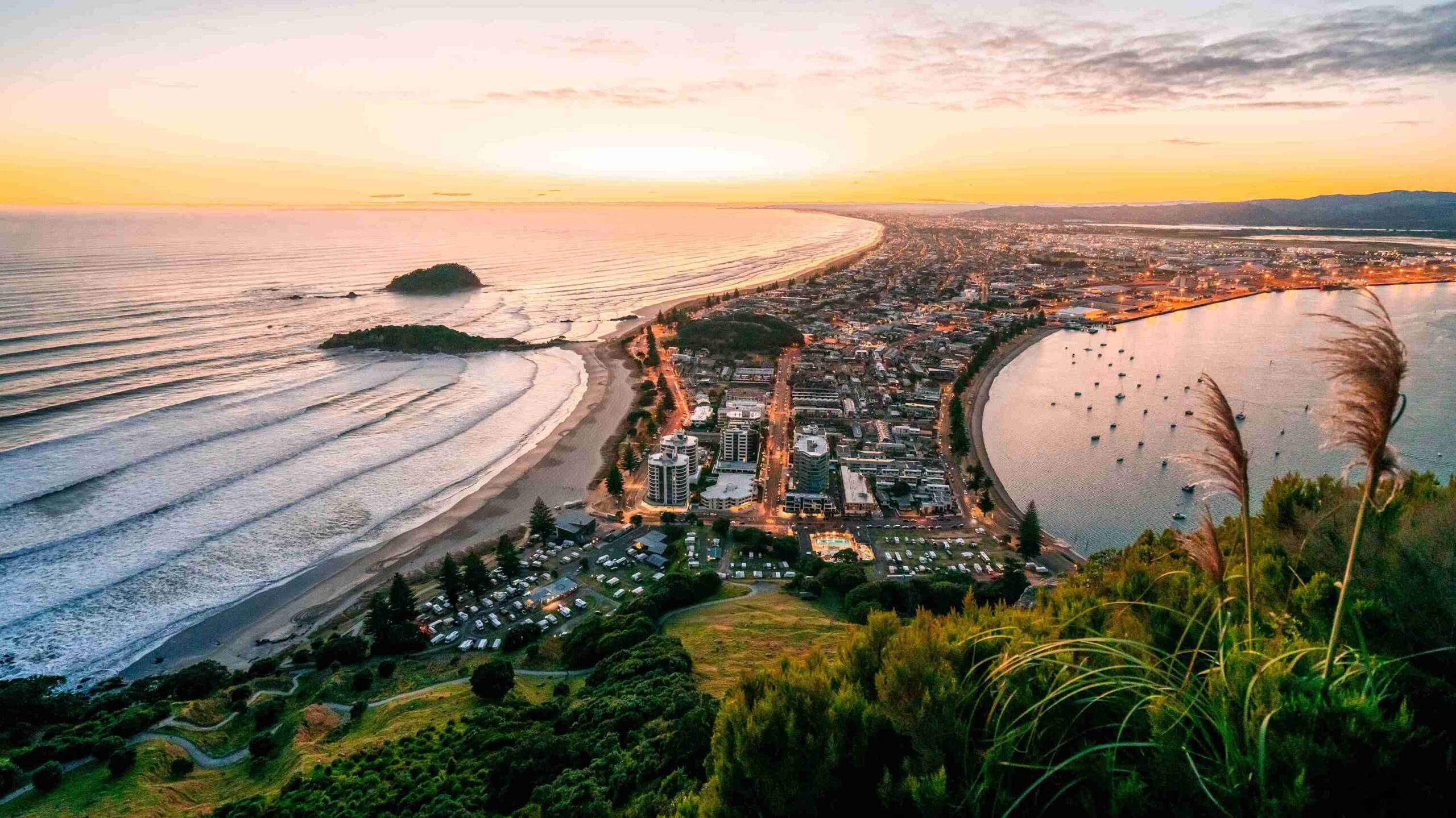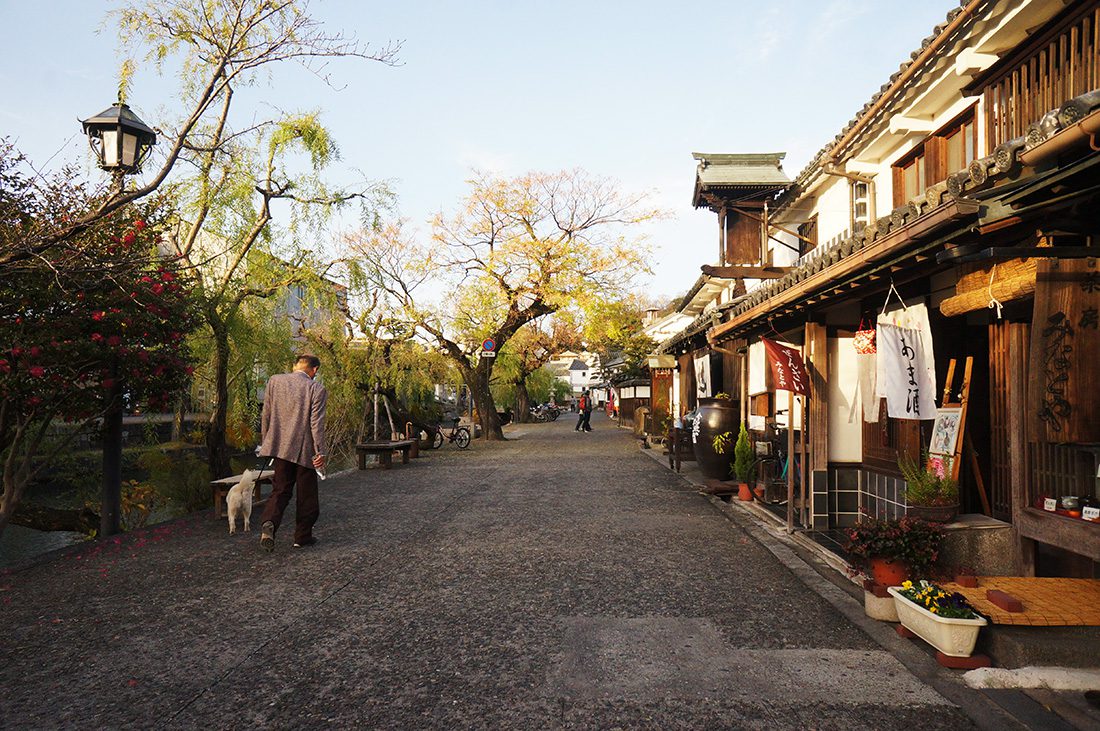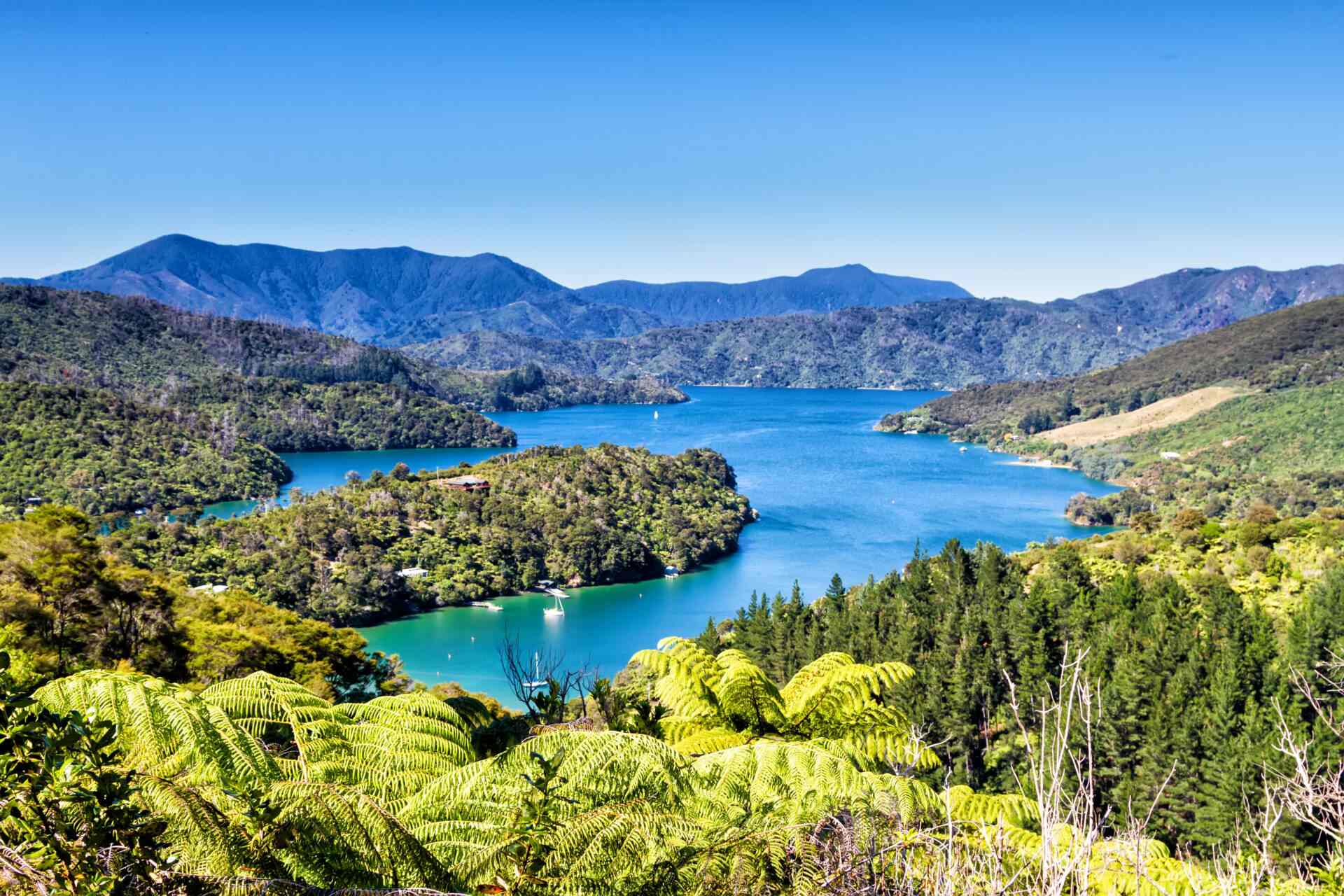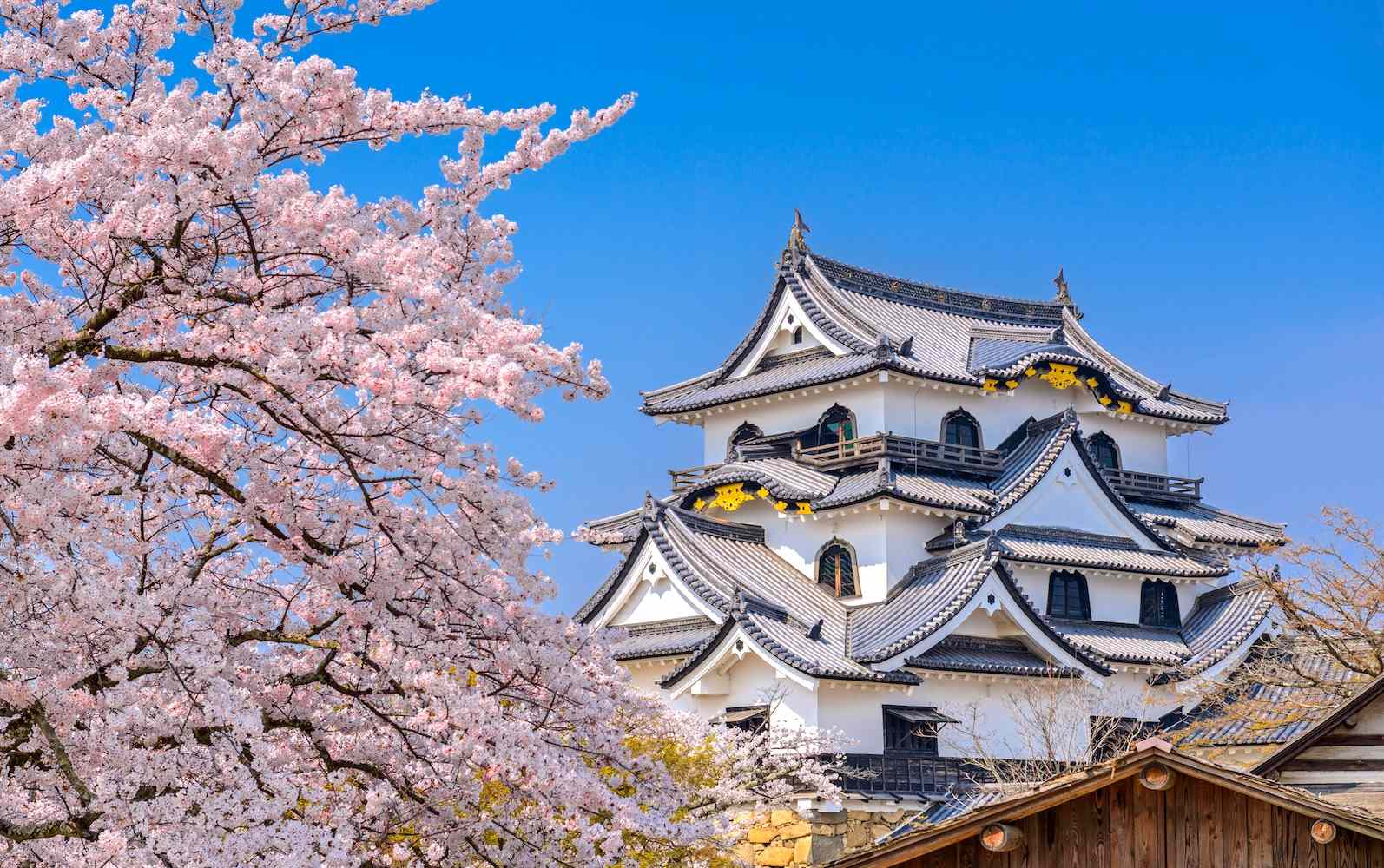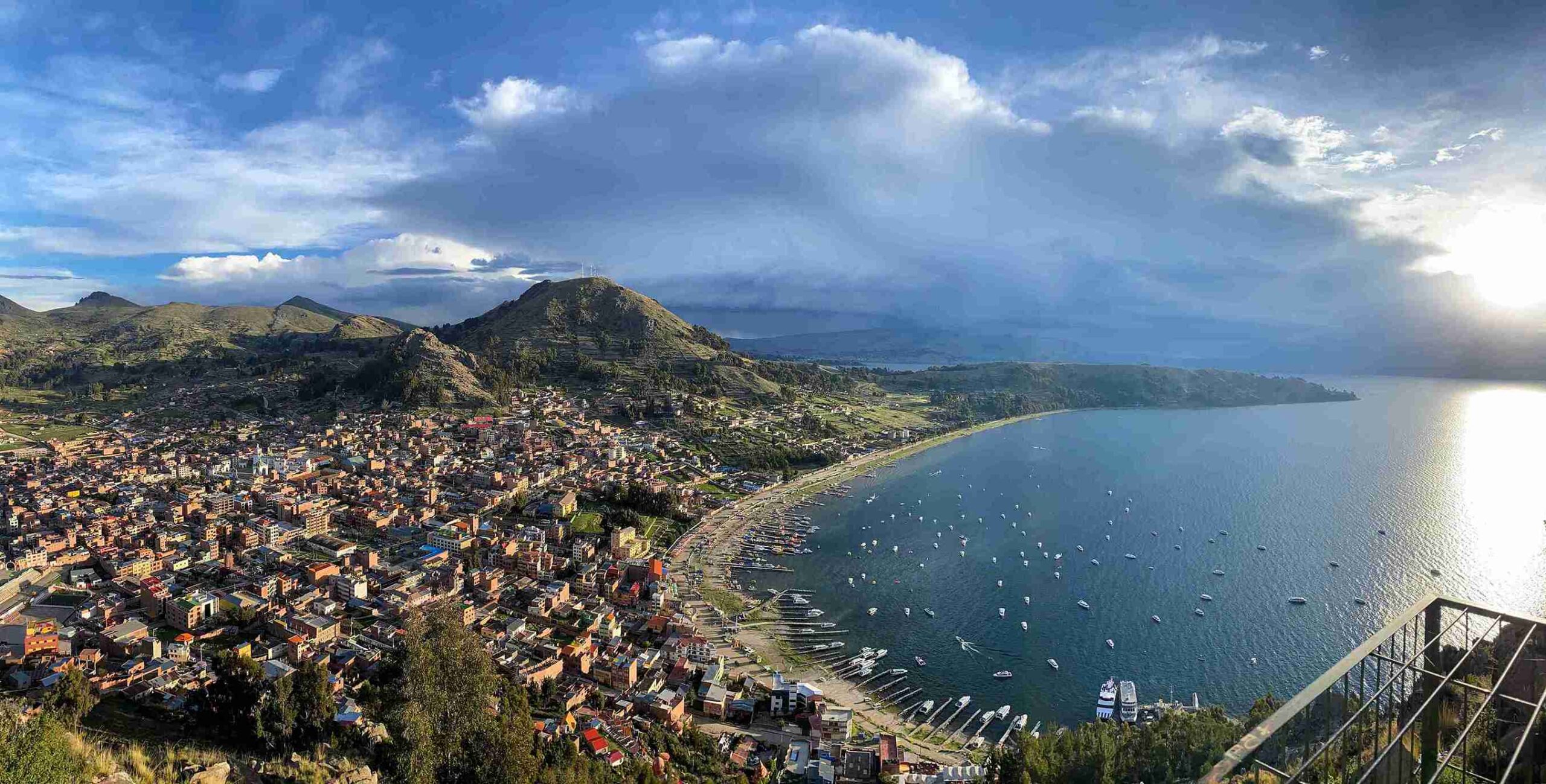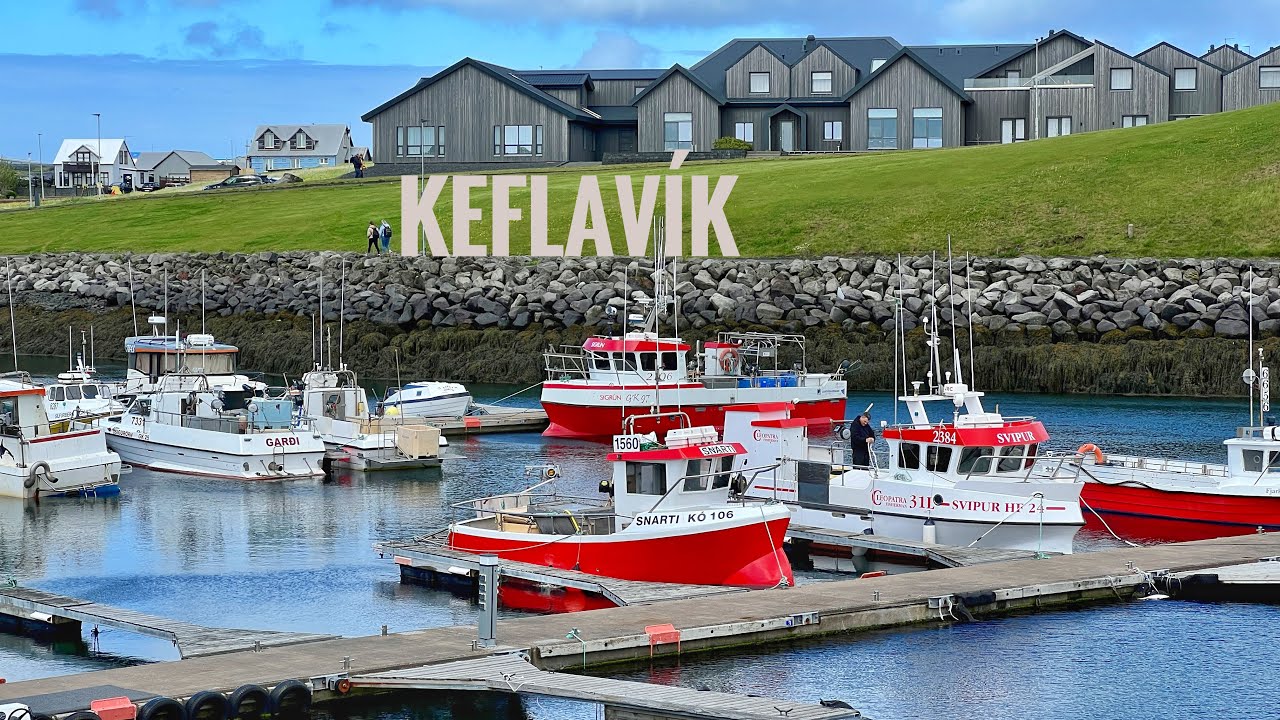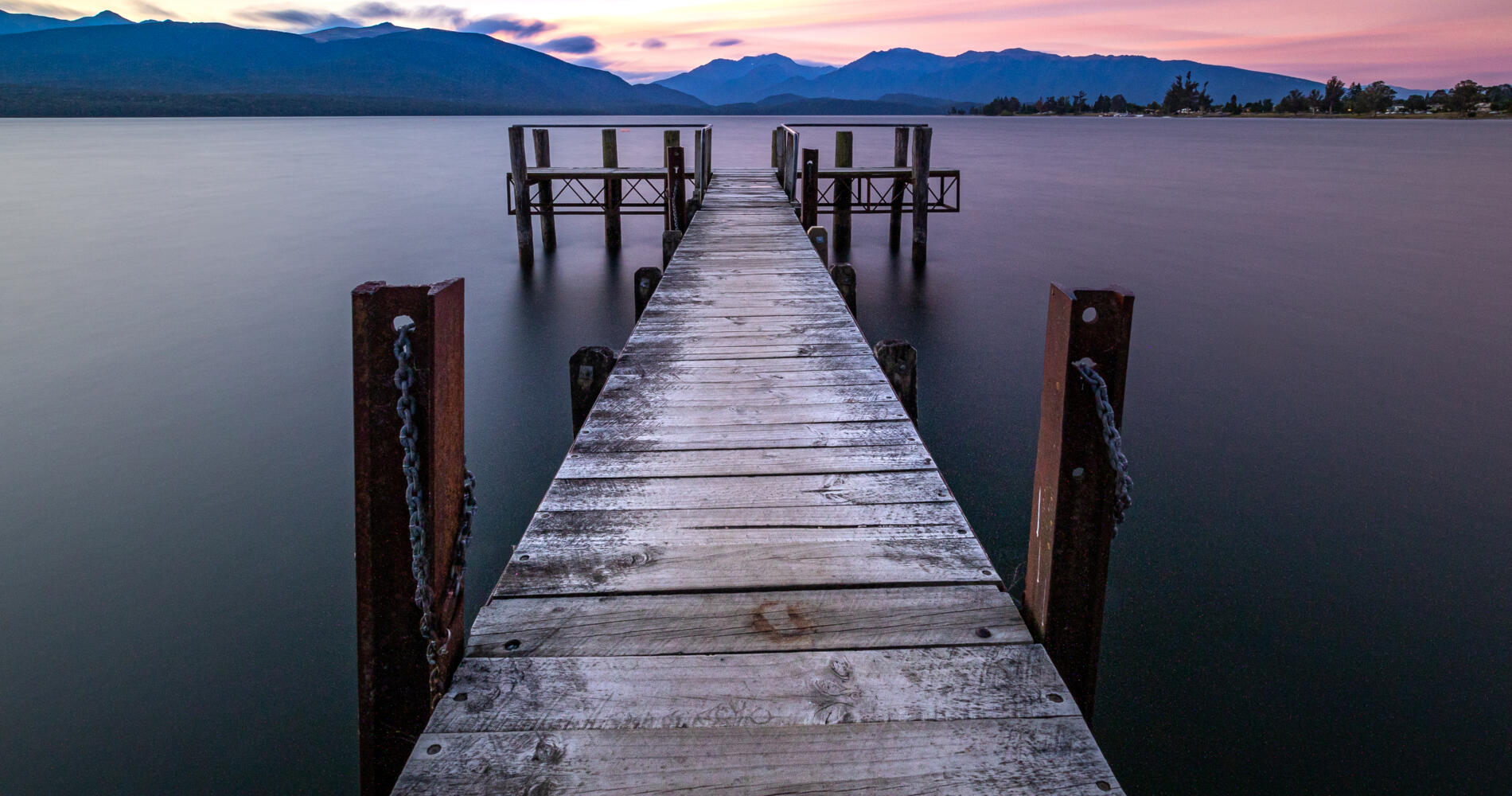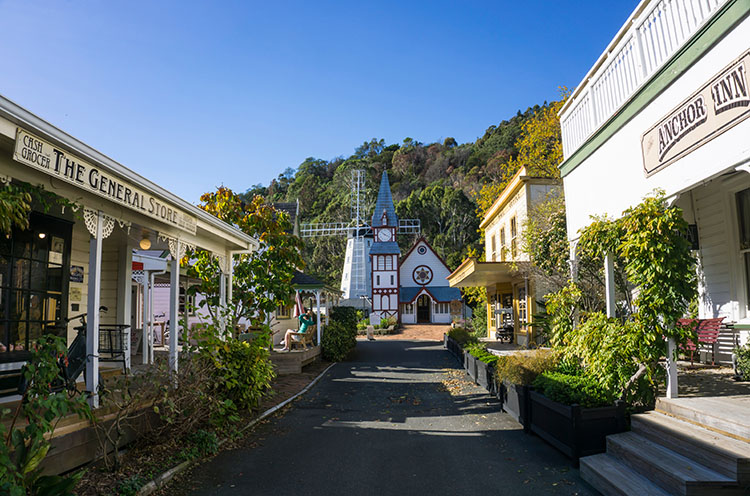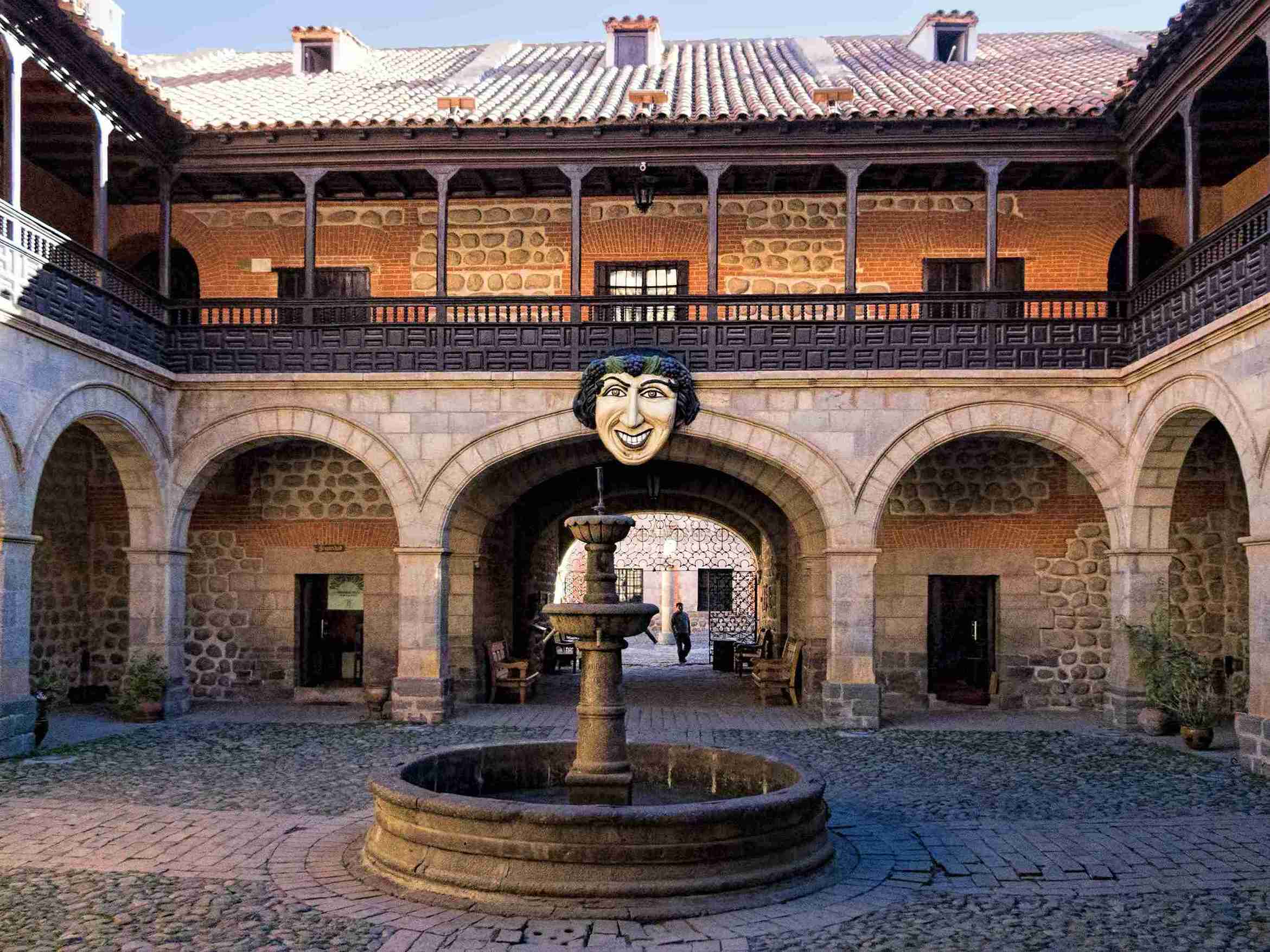Lake Manyara, Tanzania – Travel Tips
Category
Categories
Popular Articles
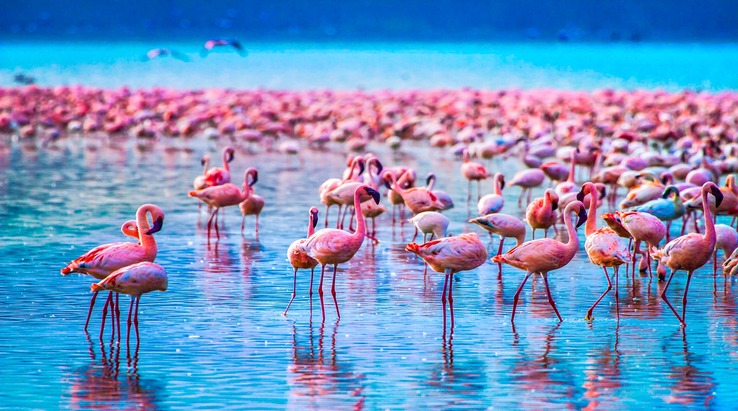
## Overview of the Destination:
Perched on the edge of the East African Rift Valley in northern Tanzania, Lake Manyara boasts one of the most stunning landscapes. The shimmering lake, diverse wildlife, hot springs, and abundant birdlife make it a safari lover’s paradise. Named after the Maasai word ’emanyara’, which refers to a plant cultivated into a thorny hedge to protect their cattle, Lake Manyara is an enchanting mix of ecosystems. From forests to grassy plains and even volcanic landscapes, this place has it all. Its ethereal beauty and the chance to spot the iconic tree-climbing lions make Lake Manyara absolutely worth visiting.
## Best Time to Visit:
The peak seasons to visit Lake Manyara are June to October and December to March. This is the dry season when wildlife spotting like lions, elephants, and rare bird species is most fruitful. Major events such as the Serengeti Wildebeest Migration happening from July to September adds to the desirability of these peak months.
Don’t dismiss the rainy season from November to June for closer interactions with armadas of flamingoes and breath-taking landscapes.
## Climate & What to Pack:
Lake Manyara features a warm and tropical climate. Temperatures float between 20°C to 30°C throughout the year. Days are typically sunny, and nights cool down pleasantly. A safari jacket, leggings, or long trousers are essential to avoid sunburns, mosquito bites, and scratches from tall grass. Don’t forget your wide-brimmed hat, sunglasses and a good quality sunscreen.
## Getting There:
The nearest major airport is Kilimanjaro International Airport, approximately 2.5 hours away. Alternatively, Arusha Airport offers extensive domestic connections and is just 1.5 hours away. From the airport, taxi, tourist shuttles or private transfers are readily available. Visitors require a visa to enter Tanzania, which can be obtained online or on arrival.
## Getting Around Locally:
The easiest way to explore Lake Manyara is through guided safari tours. While public transport options are limited and renting a scooter or car is not advised, taxis are available for short distances. Walking is possible in some of the villages nearby, but always under the guidance of a local guide.
## Safety Tips:
Like any other wildlife reserve, there are risks, but guides have comprehensive knowledge to ensure your safety. Avoid walking alone at night, use marked trails and observe animals from a safe distance. Be aware of pick-pocketing in crowded spots. Dress modestly respecting the local culture, and seek permission before photographing locals.
## Top Things to Do & See:
Highlights include the Lake Manyara treetop walkway, birdwatching, spotting tree-climbing lions, and game drives for observing elephants, giraffes, hippos, and zebras. The Maji Moto hot springs are a hidden gem worth discovering.
## Where to Stay:
Choose from luxury tents at Lake Manyara Serena Safari Lodge, mid-range places like Lake Manyara Wildlife Lodge, or budget options like Migunga Forest Camp. Most accommodations are near Mto wa Mbu village.
## Food & Local Cuisine:
Don’t miss the chance to tantalize your taste buds with local dishes like Nyama Choma (grilled meat), Ugali (cornmeal staple), and Mto wa Mbu’s tasty bananas. Visit street food spots, serene lakeside cafes, or dine in your safari lodge.
## Cultural & Practical Tips:
Using Tanzanian Shilling is common though USD is accepted in many areas. English is widely spoken, and tipping for good service is appreciated. Carry a universal plug adapter and don’t worry about Wi-Fi as most lodges offer this service.
## Sustainable or Responsible Travel Tips:
Respect the local environment by not littering or damaging flora. Avoid any harm to wildlife by strictly following park rules and staying within your vehicle during game drives. Buying from local artisans and dining at local eateries can contribute to the local economy.
As a personal insight, always carry binoculars when venturing on game drives and be patient. Wildlife spotting takes time, but witnessing the likes of elephants trumpeting or lions lazing in trees make every second worth it. Welcome to the Eden of Africa — Lake Manyara.

